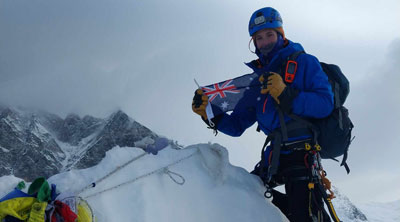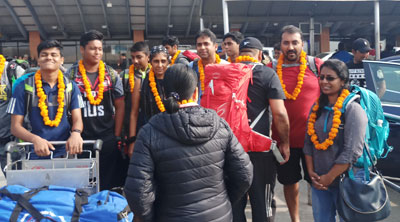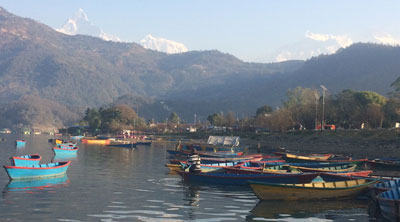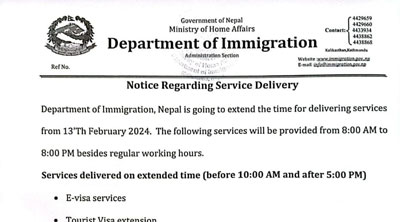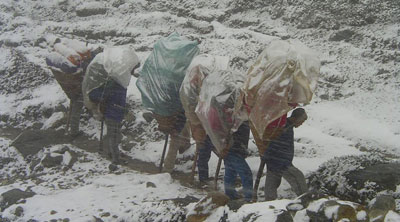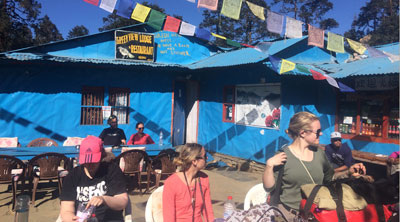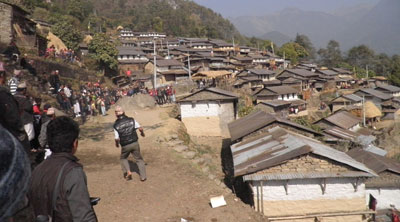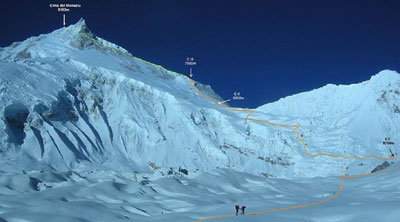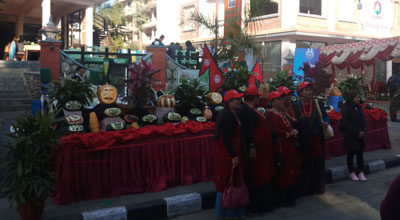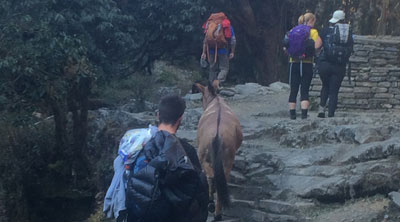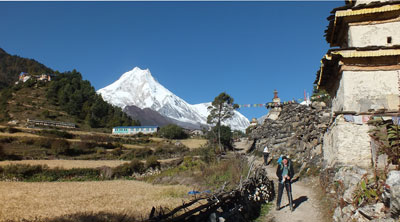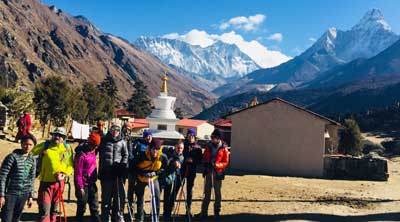What are the things that you can and can’t do in Nepal?
- Namaste is both greeting and farewell, combined with prayer like gesture.
- Affection between man and women, even married is seldom expressed. Public kissing and hand-holding are offensive to most Nepal’s and sign of low morals. But it is acceptable for two man or two women to walk hand in hand.
- Anger is best to walk not expressed openly. It causes you and the person you are mad at loss of face.
- Bakshish (Tips) is an extra payment for a service performed and is usually given to porters or laborers at the end of the job. It can be money or clothes or anything else and there is no set rate.
- Bargaining is to be expected. Don’t bargain if you are not really interested. If your price is accepted, don’t try to get an even lower price.
- Bathing in the hills is very conservative. Man should wear shorts; women should wear a lungi pulled up under the arms.
- Children are spoiled crazy. Don’t be surprised if yours are the center of attraction everywhere.
- Clothing is conservative. Man should not go bare-chested and shorts should be conservative. Women should avoid bare shoulders, halter tops and shorts. Ties and suits are not necessary except for special occasions.
- Cows are Sacred. They go and sleep where they want in Kathmandu valley. Beef is strictly barred among both Hindus and Buddhists.
- Eating is done with the right hand. Only accept as much as you can eat. It is good manners to ask for ‘second’. Left hands are use for cleaning oneself after going to the toilet. It is never used to pass or accept things, whether food at the table or money with a shopkeeper.
- Feet should never be pointed at anyone; drape something over them if you must stretch them out while sitting on the floor. Never step over anyone and always move your feet to let people avoid stepping over you.
- Gift are rarely given and seldom opened in front of the person who has given it.
- Head are Sacred and should be treated with respect. Never take a Topi off a man’s head, even in fun.
- Invitations often arrive at last moment. Don’t surprised or offend, it happens to everyone. If you’re busy, even a short appearance is enough.
- Jutho refers to food hat us ritually polluted and therefore inedible. Any food which has come into contact, either directly or indirectly, with the mouth becomes Jutho.
- Maalass (necklaces) of shoes draped around someone’s neck are ultimate insult.
- Payment after a social occasion is done by the person issuing the invitation. Nepali’s don’t divide the bill or go Dutch. It is expected that other people will reciprocate at some later date.
- Rice is a religious object as well as food of status. Brahmins will probably not eat the rice you serve them. Do not be offended and don’t try force it on them.
- Saala Mens brother-in-low, calling someone a Saalo is very insulting because it implies the speaker is sleeping with the person’s sister.
- Servants are almost a necessary for working people.
- Shoes are considered filthy. Don’t ask others to handle your shoes. Most Nepalis take their shoes off at the door.
- Status is a part of life. Don’t expect your junior driver to mix easily with your senior administrative officer at the office party.
- Temple or Stupa should always be walked around clockwise; the same is true of Buddhist monuments and Gompas. Remove your shoes before going inside. Dress conservatively.
- Time is very flexible. A person may show up at 4 for 3 o’clock appointment. In the hills an appointment may be a day or more late. As a foreigner, thought you with be expected to be punctual.

